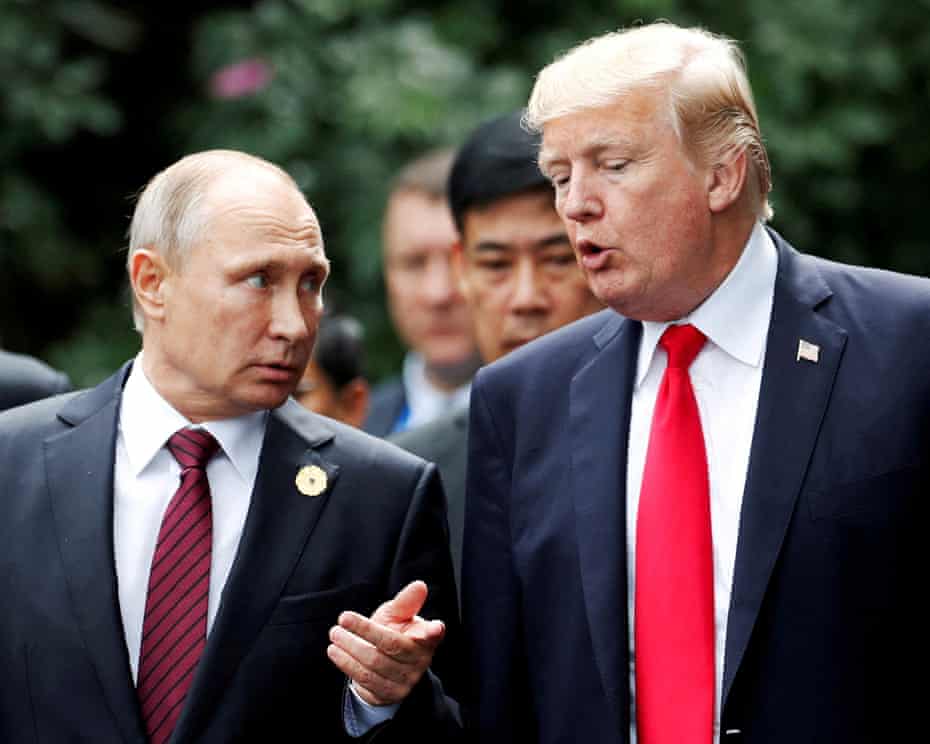The White House has accused the Norwegian Nobel Committee of choosing “politics over peace” after awarding this year’s Nobel Peace Prize to Venezuelan opposition leader María Corina Machado instead of US President Donald Trump, whose administration had openly lobbied for the honour.
The Committee announced on Friday that Machado would receive the world’s most prestigious peace award for her “tireless work promoting democratic rights for the people of Venezuela and her struggle to achieve a just and peaceful transition from dictatorship to democracy.”
Machado, 58, remains in hiding in Caracas after being barred from contesting Venezuela’s presidential election last year. She has become a symbol of non-violent resistance against President Nicolás Maduro’s authoritarian rule, which many Western nations have condemned as illegitimate.
White House Fury and Trump’s Reaction
The announcement prompted an immediate rebuke from Washington. “The Nobel Committee proved they place politics over peace,” said Steven Cheung, the White House communications director. “President Trump will continue making peace deals, ending wars, and saving lives. He has the heart of a humanitarian, and there will never be anyone like him who can move mountains with the sheer force of his will.”
Read Also:
Can Donald Trump win Nobel Peace Prize?
Pope Francis sends message to Trump, urges unity, peace
According to CBS News, Trump personally telephoned Machado to congratulate her, telling her she “deserved the award.” But aides confirmed the president was “deeply disappointed” by the decision, believing his recent foreign-policy achievements merited global recognition.
On his Truth Social platform, Trump reposted messages praising his efforts to end the Gaza conflict, boasting that he had “secured peace in the Middle East” and “ended seven unendable wars.” Two days before the Nobel announcement, Trump’s administration brokered a multi-stage ceasefire between Israel and Hamas, hailed by allies as a diplomatic breakthrough.
Putin’s Praise and Global Reactions
Among the first world leaders to react was Russian President Vladimir Putin, who praised Trump’s peacemaking record and accused the Nobel Committee of politicisation.
“Trump is truly doing a lot to resolve complex crises that have lasted for years, even decades,” Putin said during a Moscow press briefing. “If Donald achieves everything he’s striving for, it will be a historic event. But the credibility of the prize has largely been lost.”
Trump thanked Putin in a Truth Social post, writing: “Thank you to President Putin!” alongside a clip of the Russian leader’s remarks.
The Nobel Committee did not respond directly to the criticism, but its chair, Jørgen Watne Frydnes, said Machado’s selection represented “civilian courage at its highest level.” He described her as “a unifying figure who embodies the hope of millions of Venezuelans living under repression.”
Machado’s Response
In a message posted to X (formerly Twitter), Machado dedicated her award to both her compatriots and President Trump:
“I dedicate this prize to the suffering people of Venezuela and to President Trump for his decisive support of our cause. This recognition strengthens our determination to conquer freedom and democracy.”
Machado’s acknowledgment of Trump added an unexpected twist to the controversy. Despite her gratitude, she has long distanced her movement from partisan US politics, focusing instead on international solidarity for Venezuelan democracy.
Trump’s Long Quest for Recognition
Trump’s ambition for a Nobel Peace Prize dates back to his first term, when his administration negotiated the 2020 Abraham Accords, normalising relations between Israel and several Arab nations.
He has since argued that his foreign policy, which prioritises direct diplomacy and “deal-making,” has achieved tangible peace results where “others only made speeches.”
Supporters, including Israel’s Prime Minister Benjamin Netanyahu and US Secretary of State Marco Rubio, have repeatedly endorsed his nomination. Rubio himself submitted a nomination for Machado in August 2024, before joining Trump’s second-term cabinet.
However, nominations for the 2025 prize closed on 31 January, just days after Trump took office for his second term — a procedural hurdle that effectively disqualified any subsequent lobbying.
Critics and Context
Trump’s record remains sharply polarising. While supporters hail him as a global peace broker, critics cite his mass deportation policy, the dismantling of USAID, and the deployment of National Guard troops in US cities as contradictions to humanitarian principles.
The Nobel Committee’s own charter prioritises efforts in “arms control, disarmament, democracy, and fraternity among nations.” By those measures, analysts said, Machado’s work aligned more closely with the award’s original intent.
“Trump’s ceasefire diplomacy is noteworthy,” said Dr. Helen Carr, a London-based foreign-policy analyst. “But the Nobel Peace Prize has traditionally rewarded individuals who challenge authoritarianism and promote human rights , and that’s exactly what Machado represents.”
Four American presidents have previously received the Nobel Peace Prize: Theodore Roosevelt, Woodrow Wilson, Jimmy Carter, and Barack Obama. Of these, only Obama won while still in office.
Trump’s omission, experts said, underscores a growing trend among the Nobel Committee to favour non-state actors and civil-society leaders over heads of government.
As reactions ripple through global capitals, the debate over the prize’s purpose continues. To Trump’s supporters, the snub is proof of bias; to others, it reaffirms the Nobel’s independence.
For Machado, the award provides both protection and peril — elevating her cause on the world stage while painting a target on her back at home.
For Trump, it is another chapter in his ongoing quest for global validation — a reminder that even for a self-declared “peace president,” recognition is never guaranteed.



